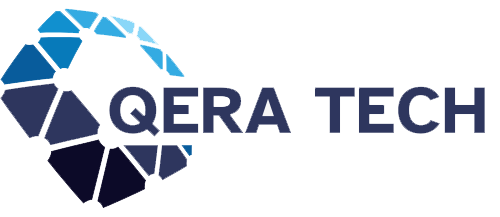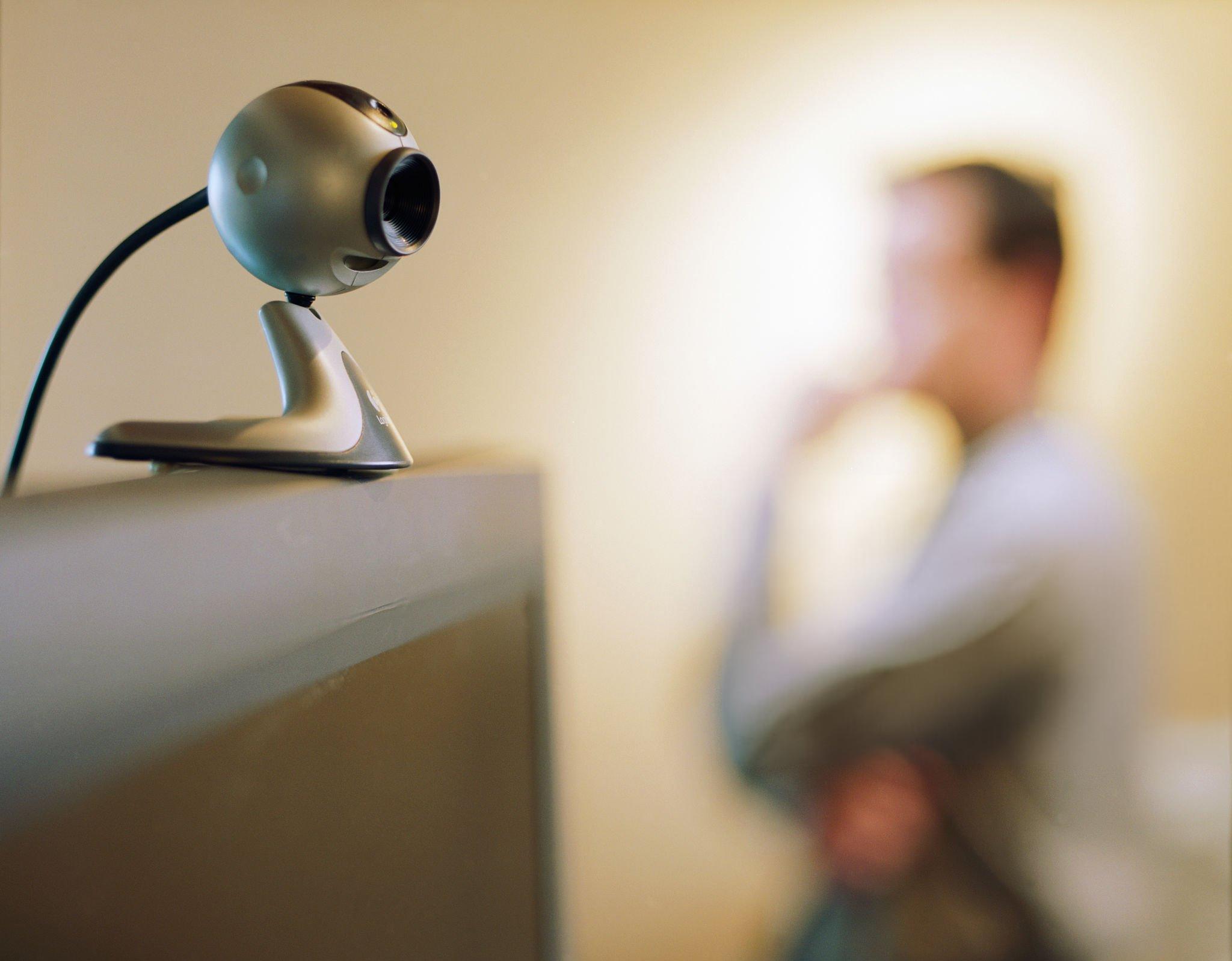You’re sitting in your room, working on your laptop, and suddenly the webcam light flickers on—without you touching anything. You freeze. Is someone watching you? Is your webcam hacked?
It might sound like something out of a spy movie, but in today’s hyper-connected world, webcam hacking is very real—and surprisingly common. Hackers can take control of your device camera, record you without your knowledge, and even blackmail people using the footage. Scary, right?
But don’t panic. This guide will walk you through how to tell if your webcam is hacked in five simple, practical ways. You don’t need to be a tech expert to follow along, and we’ll also share how to stay protected going forward.
Why Webcam Hacking Happens More Often Than You Think
Before we jump into the checks, let’s quickly explore the “why” behind webcam hacking.
Webcams are windows into your private world. Hackers, stalkers, or cybercriminals often use webcam access for spying, gathering sensitive data, or launching more serious attacks like sextortion. According to a 2023 Norton Cyber Safety report, over 1 in 5 users had concerns their webcam may have been accessed without permission.
And unfortunately, it’s not just laptops. Hackers target external webcams, smartphones, smart home devices—even baby monitors. The rise of remote work and online schooling has only made this worse, putting more cameras online than ever before.
The good news? Most signs of a hacked webcam are easy to spot once you know what to look for.
1. The Webcam Light Turns On Unexpectedly
This is the biggest red flag. If your webcam light turns on by itself—especially when you’re not using Zoom, Skype, Google Meet, or any camera app—that’s a loud warning sign.
Let’s take an example. Last year, a university student named Ryan noticed his MacBook’s camera light blinked while he was writing an essay. At first, he thought it was a glitch. But it happened again—and this time, he checked the Activity Monitor and noticed a suspicious process running in the background. It was a remote access tool.
Some advanced hackers can bypass the indicator light, but most can’t. If you notice the light turn on or flicker, stop what you’re doing and investigate. It’s your first and clearest clue that something’s off.
2. Check the Task Manager or Activity Monitor for Suspicious Apps
Another way to tell if your webcam is hacked is by checking the software that’s currently using your system.
On Windows, open Task Manager (Ctrl + Shift + Esc). On Mac, open Activity Monitor. Now look for unknown or suspicious processes—especially ones running in the background. Watch out for weirdly named programs, like “webcam_capture.exe” or random strings of letters.
A common trick hackers use is disguising their programs as something harmless. If you see anything unfamiliar using system resources—or accessing your camera—Google the name of the process. If others have flagged it as malware, you’ve found your culprit.
In one case, a freelance designer discovered a shady Chrome extension was recording while she worked. She only found it because Task Manager showed unusually high memory usage from a browser process.
3. Your Computer Is Slower Than Usual or Acting Strange
If your laptop suddenly becomes slow, overheats, or the fan spins loudly even when idle—it could mean something’s running in the background. That “something” might be spyware or a remote control tool accessing your webcam.
Hackers often use malware to record video quietly, then upload it in the background using your internet. That eats up bandwidth and memory. So if you notice your computer working harder than usual when you’re doing simple tasks, dig deeper.
There was a case where a small YouTuber started noticing delays while editing videos. She thought it was a storage issue. But after scanning her system, she found a hidden program capturing and syncing webcam footage to a cloud folder. It had been running for weeks.
Don’t ignore sluggish performance. It’s often the smoke that leads to fire.
4. Scan for Unknown Files or Recordings
If someone has control over your camera, chances are they’ve recorded something. One smart way to check if your webcam is hacked is by looking for unexpected video or image files saved on your device.
Go to your Videos folder, Documents, or any strange hidden directories. Search by date to see if new media files were created without your knowledge. Look especially in folders you don’t usually use or recognize.
One Reddit user shared that they found an entire folder named “temp_video_cache” hidden in their local files. Inside? Over 50 clips taken from their webcam, all without their permission. It turned out to be part of a botnet malware.
If you see odd file types or folders you never made, don’t delete them right away. Take a screenshot and run a full malware scan. These files might be the evidence you need to catch the breach.
5. Your Antivirus or Webcam Security App Sends You Alerts
This one might sound obvious, but many people ignore security alerts thinking they’re spam. Don’t.
If you use a reliable antivirus tool (like Bitdefender, Norton, Avast, or Malwarebytes), it will often detect unauthorized attempts to access your webcam. Some tools now offer dedicated webcam protection features. These notify you whenever a program tries to use your camera—and give you the power to block it.
Even Microsoft Defender on Windows has started flagging “webcam access attempts” as part of its ransomware detection module.
If your antivirus flags an issue, take it seriously. Run a deep scan. Quarantine the suspicious program. And don’t forget to update your antivirus regularly—new threats appear daily.
Feature Comparison Table: Signs Your Webcam Might Be Hacked
| Sign of Hacking | How to Check It | Why It’s Dangerous |
|---|---|---|
| Webcam light flickers randomly | Watch for light when not using camera | Could mean someone is watching live |
| Suspicious apps running | Open Task Manager/Activity Monitor | Hidden malware may be active |
| Slower or overheated computer | Notice lag, noise, or crashes | Background processes recording or sending |
| Unknown video files appear | Search file explorer for new or hidden files | Recordings could be used to blackmail |
| Security alerts from antivirus | Read warnings from security software | Signals unauthorized access or malware |
What to Do If You Think Your Webcam Is Hacked
First, don’t panic. But act fast.
Unplug external webcams if possible. If you’re using a laptop, cover the lens with tape or a privacy shutter. Disconnect from the internet to stop any live access. Then, run a complete antivirus and malware scan. If your security tool flags anything, quarantine or remove the threat.
Check your installed apps and extensions. Remove anything you don’t recognize. Change your passwords—especially for Google, Zoom, or Microsoft accounts. And finally, update your operating system and security software.
If you’re unsure, consult a tech-savvy friend or take your device to a professional.
Tips to Prevent Future Webcam Hacking
Preventing webcam hacking is a lot easier than fixing it afterward. Here’s what security experts recommend:
Always keep your system and software updated. Many webcam vulnerabilities are patched in updates, but only if you install them.
Use strong, unique passwords for all your accounts. Better yet, turn on two-factor authentication. It adds another wall between you and hackers.
Avoid clicking unknown links or downloading attachments from strangers. Many webcam hacks start with a single click on a phishing email.
And finally, consider installing a dedicated webcam security tool. Apps like ESET Webcam Protection or Norton’s Privacy Monitor can alert you in real time.
Remember: cybersecurity isn’t just for big companies. It starts with you—and the tiny camera on your laptop is a big deal.
Final Thoughts: Stay Safe and Aware in the Digital Age
Webcams help us stay connected. From video calls with loved ones to virtual classrooms and work meetings—they’re essential in our digital lives. But that same connection comes with risks.
Now that you know how to tell if your webcam is hacked, you’re already ahead of the curve. Knowledge is your first line of defense. Pay attention to the signs, stay proactive, and don’t ignore what your computer is trying to tell you.
It’s not about being paranoid. It’s about being prepared.
So the next time your webcam light blinks unexpectedly, you’ll know exactly what to do—and more importantly, how to protect yourself and your privacy.

